Empowering Yourself: OCD Self-Help Techniques
Living with Obsessive-Compulsive Disorder (OCD) can be challenging, but there are various self-help techniques that can empower individuals on their journey toward managing symptoms, reducing anxiety, and improving their overall well-being. In this blog post, we will explore several effective self-help strategies to help you take control and navigate life with OCD.
1. Educate Yourself about OCD
Knowledge is power when it comes to understanding and managing OCD. Take the time to educate yourself about the disorder. Learn about the different subtypes of OCD, common obsessions and compulsions, and the underlying mechanisms that drive the condition. By understanding how OCD works, you can better recognize and challenge your own intrusive thoughts and compulsive behaviors.
2. Exposure and Response Prevention (ERP)
ERP is a highly effective therapeutic technique often used in professional OCD treatment. You can also incorporate ERP principles into your self-help approach. First, identify your triggers – the specific situations that tend to generate anxiety and trigger your OCD symptoms. Then, gradually expose yourself to these triggers while resisting the urge to engage in compulsive behaviors. Over time, this exposure allows your brain to learn that the feared outcome does not occur and reduces the anxiety associated with the triggers.
3. Build Support Networks
Connecting with others who understand your experiences can provide tremendous comfort and support. Seek out OCD support groups – online or in-person – to engage with individuals who share similar challenges. Connecting with others who have successfully navigated their own OCD journeys can inspire and motivate you to continue your self-help efforts.
4. Focus on Self-Care
Taking care of your overall well-being is vital when managing OCD. Engage in activities that promote relaxation and reduce stress. These can include practicing mindfulness techniques, engaging in regular physical exercise, getting enough sleep, and nurturing healthy relationships. Prioritizing self-care allows you to build resilience, making it easier to cope with OCD symptoms. This will help improve your quality of life, but may not reduce your obsessions or compulsions.
6. Create Structured Routines
Developing structured routines and daily schedules can help bring a sense of stability and control to your life. Establishing regular sleep patterns, mealtimes, work/study schedules, and leisure activities can create a sense of predictability and reduce anxiety. Stick to your routines as much as possible while allowing some flexibility for unexpected events.
7. Practice Self-Compassion
Living with OCD can be challenging, and it's important to treat yourself with compassion throughout your journey. Understand that you are not defined by your thoughts or compulsions. Acknowledge your efforts, celebrate small victories, and be kind to yourself when facing setbacks. Embracing self-compassion can help maintain motivation and cultivate a positive mindset.
Remember, these self-help techniques are intended to complement and support professional treatment, but they can also provide valuable tools for those managing their OCD independently. However, if your symptoms are severe or significantly impacting your quality of life, it's essential to seek professional help from a qualified therapist or mental health professional.
Taking a proactive approach to managing OCD through self-help techniques empowers you to take control of your own well-being. Incorporate these strategies into your daily life, adapt them to fit your individual needs, and remember that you are not alone on this journey. With time, patience, and persistence, you can gain the tools needed to manage OCD effectively and live a fulfilling life.
Please note that this blog post is for informational purposes only and does not constitute medical or mental health advice. If you require professional help, reach out to a licensed therapist or a mental health professional in your area.
Want support from a licensed OCD specialist? Schedule a free treatment consultation today!
